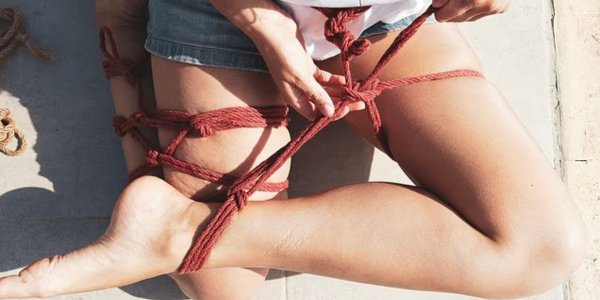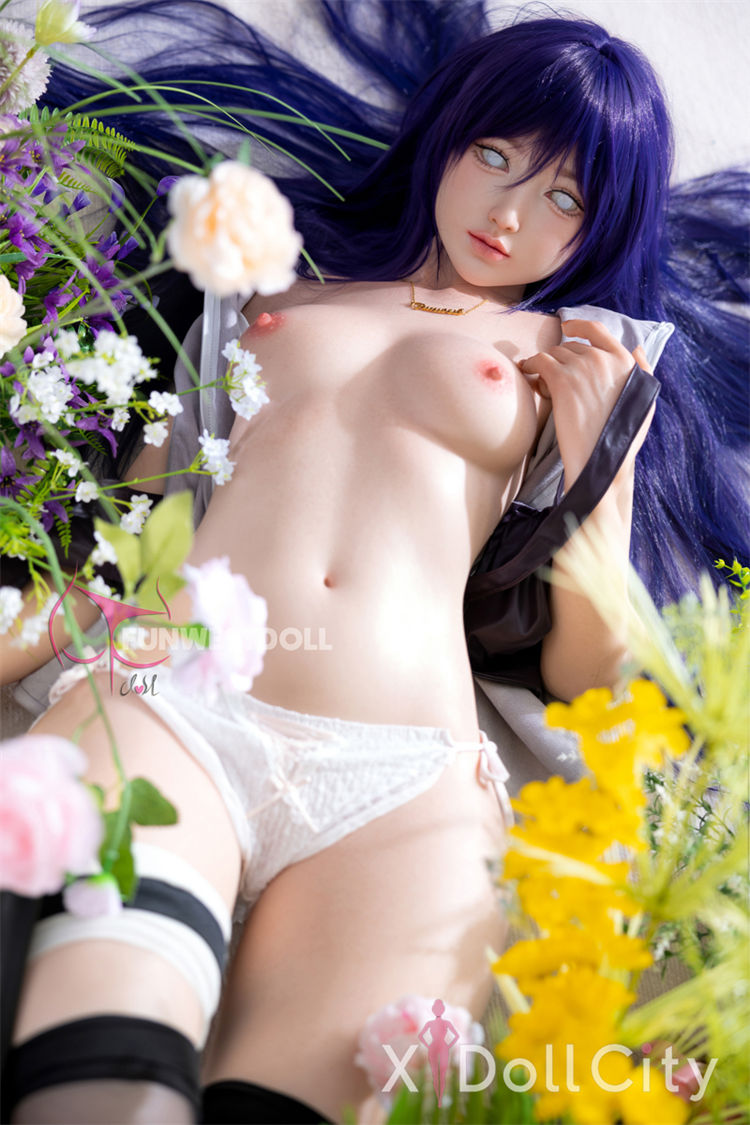Nawa Jujun
Nawa Jujun: The Art of Rope, Trust, and Surrender
Nawa Jujun, often translated as “rope submission,” is a sensual and artistic practice rooted in the aesthetics of Japanese rope bondage. It’s a form of erotic connection where ropes are not merely restraints but extensions of emotion, trust, and beauty.
In intimate settings, Nawa Jujun involves one partner—the rigger or rope artist—skillfully binding the other, known as the model or bottom, with deliberate precision. Each knot, each loop, carries intention. The rope’s tension becomes a language, expressing both dominance and tenderness.
Unlike purely restrictive bondage, Nawa Jujun focuses on emotional surrender. The bound partner experiences vulnerability and calm, while the tying partner conveys focus, care, and artistic control. It’s a slow, mindful act that transforms physical restraint into a form of intimate dialogue.
The Aesthetic and Emotional Power of Nawa Jujun
Rope bondage in the style of Nawa Jujun goes beyond sexuality—it’s about connection, rhythm, and mutual respect. The rope acts as both boundary and bridge, creating a balance between control and compassion.
For many, the experience is almost meditative. The rhythm of the rope, the warmth of skin, and the quiet exchange of breath form a bond that deepens emotional intimacy. This balance of tension and release mirrors both the physical and emotional flow of trust within a relationship.
FAQ
What does Nawa Jujun mean?
Nawa Jujun literally means “rope submission.” It refers to an erotic practice where rope bondage symbolizes trust, surrender, and aesthetic pleasure between partners.
Is Nawa Jujun only about restraint?
No, it’s more than physical restraint. It’s about emotional connection and the psychological bond created through rope tension, rhythm, and mutual awareness.
What makes Nawa Jujun different from other bondage styles?
Nawa Jujun emphasizes artistic form, emotional calm, and mutual consent. It blends eroticism with mindfulness, making it more meditative than aggressive.
Is Nawa Jujun safe for beginners?
Yes, when practiced with communication and knowledge. Partners should discuss limits, use proper rope materials, and always prioritize safety and comfort.
Why is trust important in Nawa Jujun?
Because one partner gives up control, trust becomes the foundation. It allows vulnerability to turn into connection, making the experience emotionally rich and safe.
















